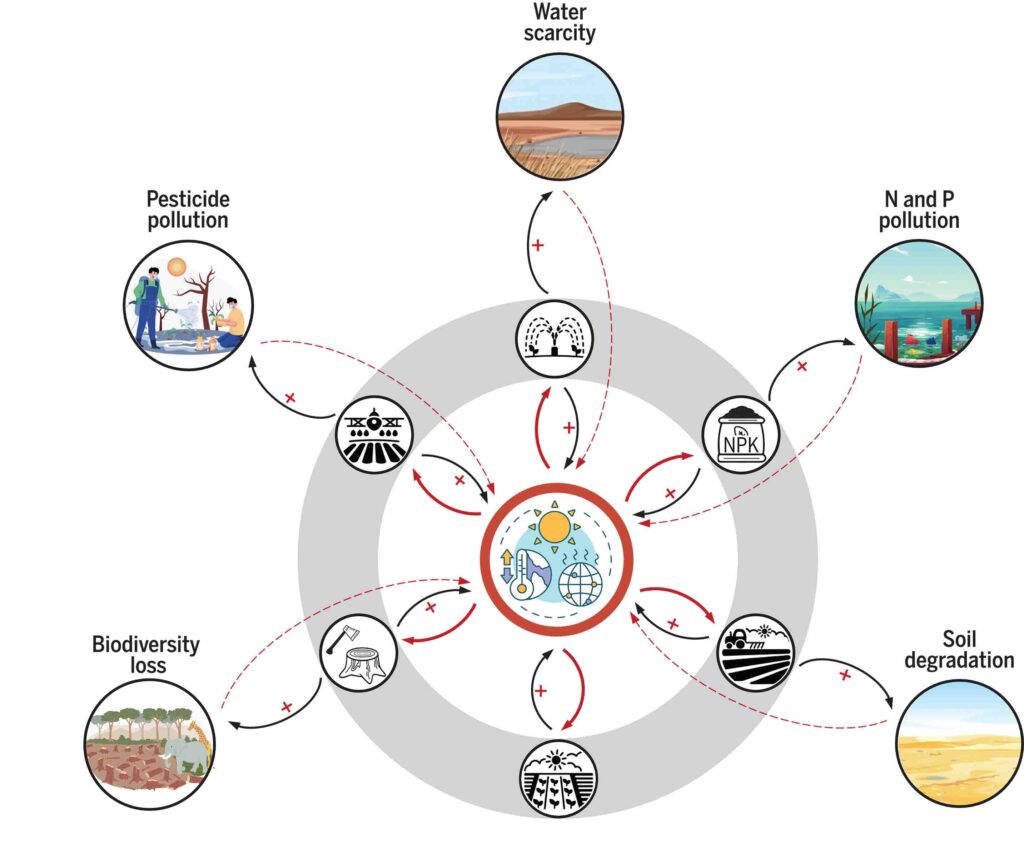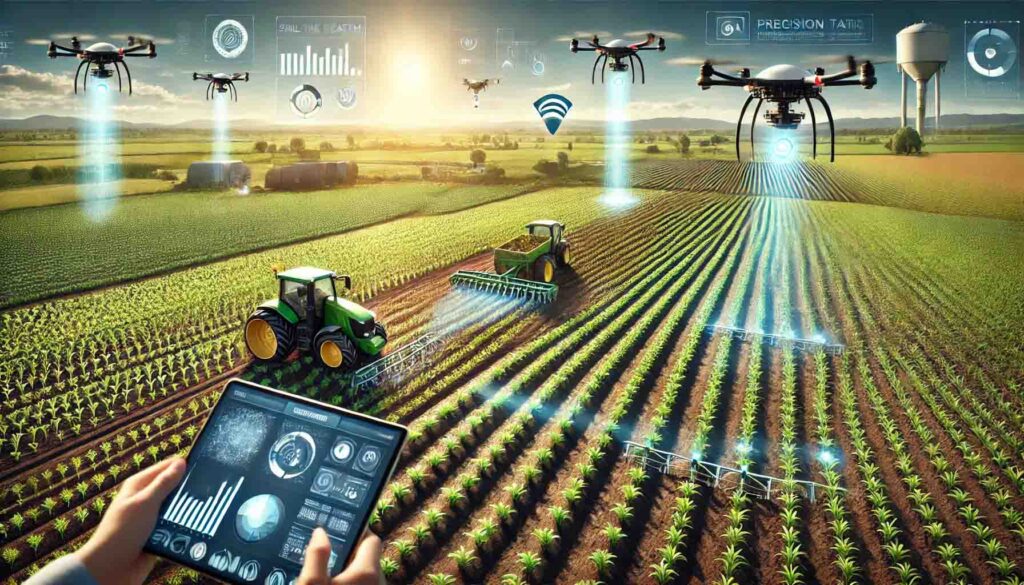Artificial Intelligence (AI) is rapidly transforming agriculture by offering innovative solutions to some of the industry’s most pressing challenges. One of the key reasons AI is valuable in agriculture is its ability to analyze vast amounts of data quickly and accurately, helping farmers make informed decisions about crop management, soil health, and pest control. AI-driven systems can monitor field conditions in real-time through sensors and drones, providing insights into soil moisture, nutrient levels, and potential threats like diseases or pests. This allows farmers to respond more efficiently, reducing the need for excessive pesticide or fertilizer use and improving sustainability.

Another critical benefit of AI in agriculture is precision farming. With AI-powered machines, farmers can plant, water, and harvest crops with a level of accuracy that minimizes waste and maximizes yield. This can lead to significant cost savings and ensure that resources like water and fertilizers are used more effectively, addressing the challenges of food security and environmental sustainability.

AI in agriculture is precision farming
Moreover, AI can help in predictive analysis by forecasting weather patterns, crop growth cycles, and market demands. This enables farmers to plan more effectively, reducing risks associated with unpredictable weather or fluctuating market conditions. AI also supports automation, with self-driving tractors and robotic harvesters becoming more common, reducing labor demands and increasing operational efficiency.

AI forecasting weather patterns
In summary, AI’s ability to optimize resource use, enhance decision-making, and automate processes makes it a transformative force in modern agriculture, contributing to increased productivity, sustainability, and food security.